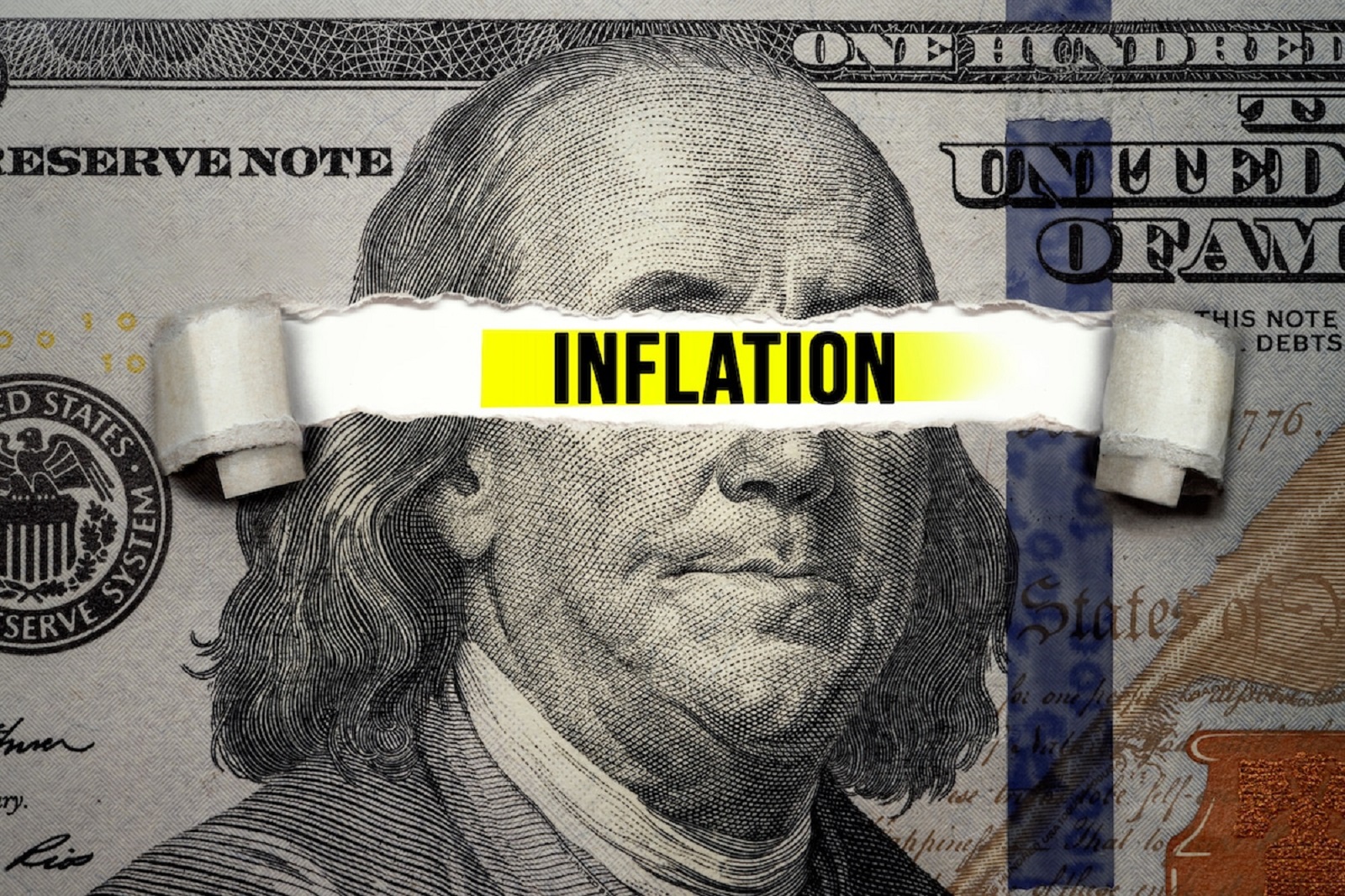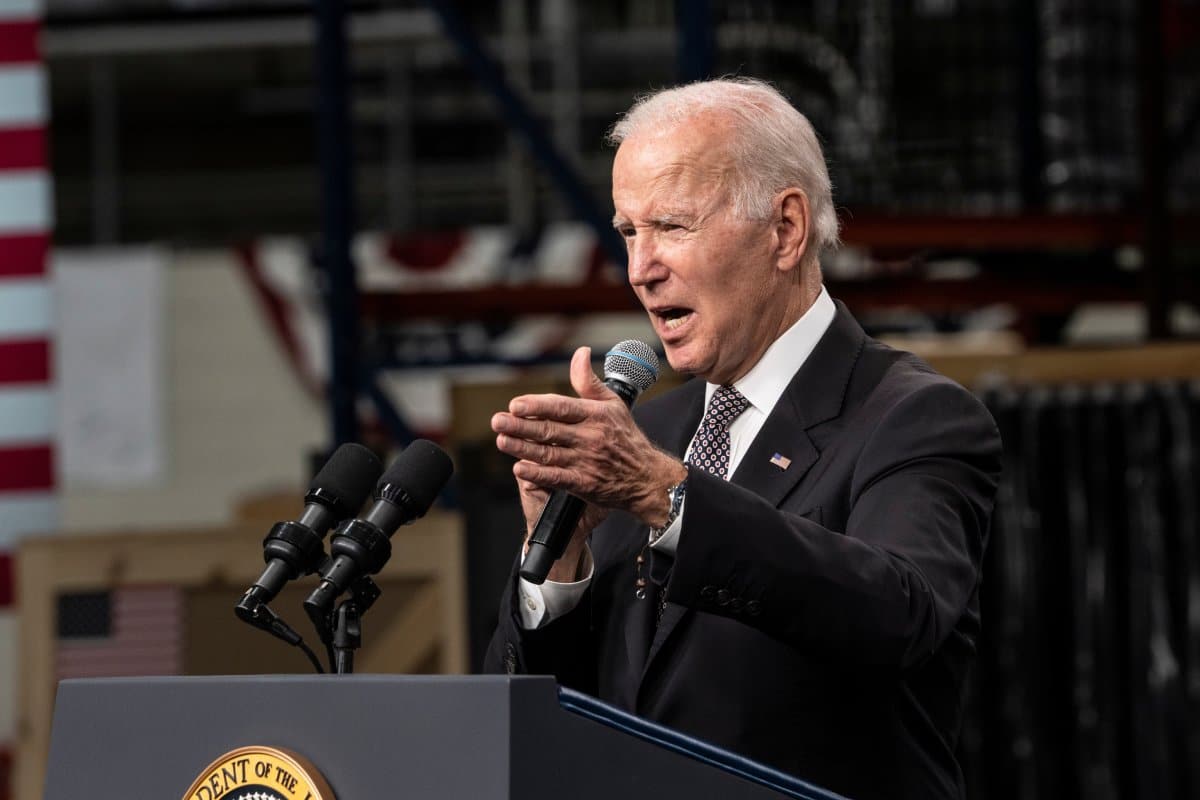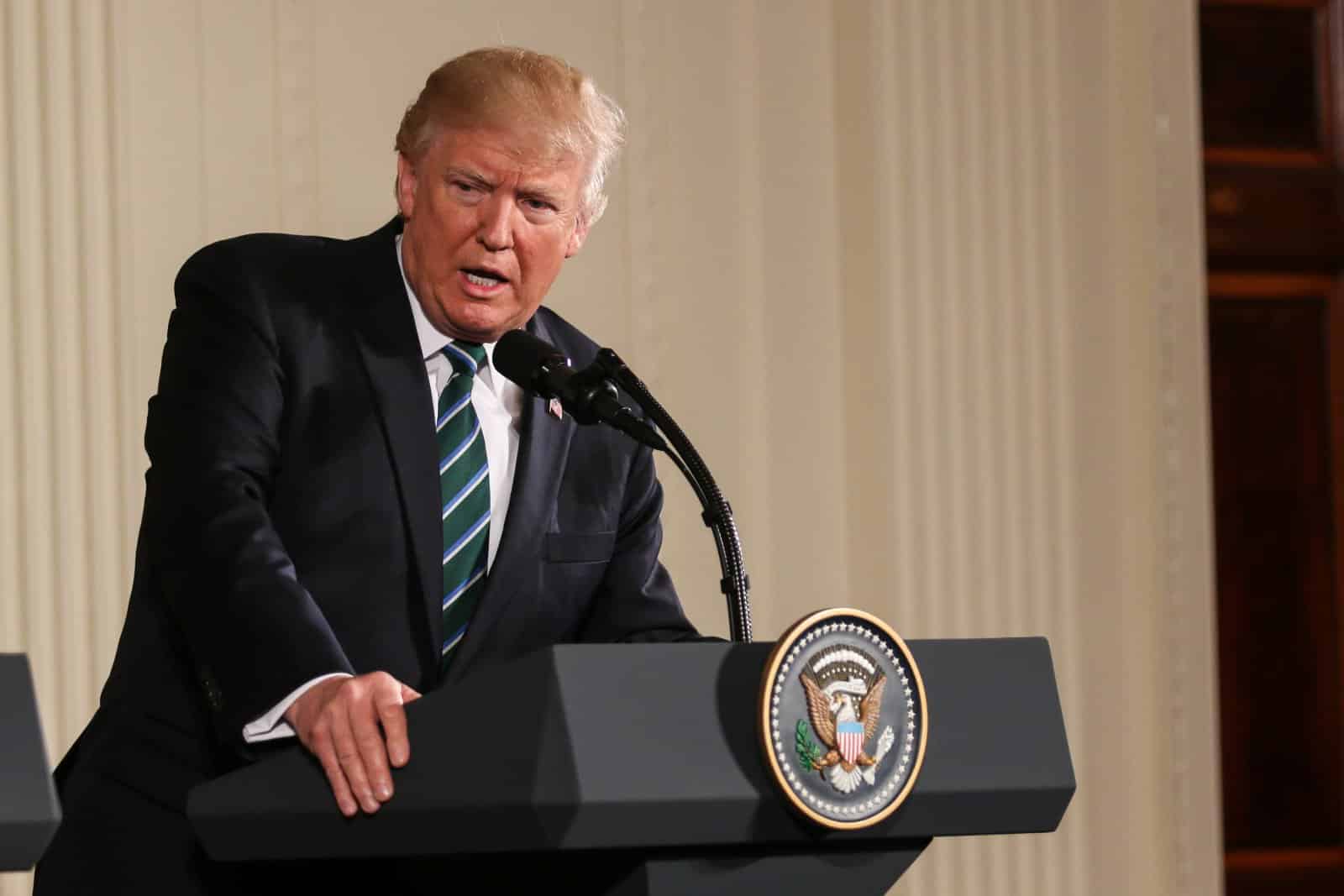Tensions in the Middle East have escalated, leading to a surge in oil prices to five-month highs. Concerns over a potential conflict between Israel and Iran fuel this rise, and investors are preparing for the impact on inflation and interest rates.
Oil Prices Rise, Shaking Global Markets

Oil prices have recently spiked due to rising tensions in the Middle East. The WTI crude contract for May delivery surged to $86.91 per barrel, while the Brent June contract reached $91.17 per barrel. This marks a significant increase in just one week.
Middle East Tensions Reach Critical Point

Israel’s closure of 28 embassies worldwide has heightened concerns. There’s apprehension that Iran might retaliate, fueled by their claims of Israeli involvement in an attack in Damascus.
This escalation adds tension to the situation, raising fears of a conflict brewing in the region.
Oil Supply and Demand Face New Challenges

Global oil supply chains face disruption amid regional conflicts. The recent attack on Russian oil facilities by Ukrainian drones sparks fears of potential oil shortages.
With crude oil prices soaring and insufficient oil supply worldwide, concerns about stability are heightened.
Middle East Tensions Impact Oil Prices

U.S. oil prices surged by 21.2%, while International Brent crude saw an 18.3% increase since early 2023. This sharp rise prompts investors to reassess their investment strategies and risk profiles.
Spotting the “Golden Cross” Signal

The “golden cross” signifies promise in oil markets. It happens when a 50-day average rises above the 200-day average. This technical indicator points to possible higher prices ahead.
Surging Oil Prices: Economic Impacts

Oil prices have been soaring higher, raising concerns about another wave of inflation. These rising energy costs impact people’s spending, business profitability, and influence central banks’ decisions on interest rates.
Oil Price Swings Rattle Stock Markets

When oil prices become more volatile, stock markets react negatively, causing shares to fall as uncertainty rises.
The FTSE 100 index dropped one percent recently, while major stock indices saw widespread losses.
Market Expectations on Interest Rate

Geopolitical instability complicates predicting interest rate cuts, as the U.S. Federal Reserve appears hesitant to lower rates amidst the shaky economy. Speculation about the future of monetary policy continues in the markets.
Investor Sentiment in Tough Times

The possibility of delayed interest rate cuts and ongoing inflation issues prompts investors to reconsider their risk exposure and investment allocations across different assets. Anticipations of increased market volatility persist.
The Federal Reserve’s Dilemma

The Federal Reserve faces the challenge of balancing heightened geopolitical risks with a robust U.S. economy. Minneapolis Fed President Neel Kashkari cautioned that the central bank must determine whether to address inflation or prioritize economic growth.
Looking at Economic Basics

Despite global uncertainties, the U.S. economy continues to grow well, surprising those who anticipated quick rate cuts.
How Policy Responds to Uncertainty

Central banks have a tough job managing monetary policy; the Federal Reserve is very careful as policymakers try to navigate complex global tensions.
When World Events Impact Money Matters

Tensions in the Middle East significantly influence views on investing. Complex links between geopolitical events and global financial markets underscore the connection between global issues and monetary shifts.
Sound Strategies for Unpredictable Markets

Adjusting investment mixes, managing risks, and protecting investments become crucial for American investors to limit impacts from risky global events.
Long-Term Effects on Energy Markets

Conflicts in the Middle East have big, long-lasting impacts on energy markets in the U.S. and around the world. Possible disruptions to oil supplies and wild price swings make it crucial for energy markets to stay vigilant.
Biden’s New 401(k) Rule: Employers Frustrated as Retirement Planning Responsibilities Shift

The latest Biden administration rule on 401(k) plans is reshaping how employers manage retirement plans. It’s a complex scenario requiring a fresh understanding of fiduciary duties and provider relationships. This rule aims to protect employees but also imposes new responsibilities on employers. Biden’s New 401(k) Rule: Employers Frustrated as Retirement Planning Responsibilities Shift
Elon Musk: New Immigration Bill ‘Enables Illegals to Vote’

Elon Musk is calling for prosecutions after the text for a new senate bill on immigration was released. Musk accused the new bill of “enabling illegals to vote.” Elon Musk: New Immigration Bill ‘Enables Illegals to Vote’
Colorado Officials Reject Sanctuary City Status, Warn Against ‘Dangerous Game’

With increasing numbers of migrants arriving in Colorado, public officials have rejected any notion of the state becoming a sanctuary for migrants and asylum seekers. Colorado Officials Reject Sanctuary City Status, Warn Against ‘Dangerous Game’
Disney Challenges DeSantis’ “Don’t Say Gay” Rule With a Hefty Lawsuit

Disney is set to appeal its refusal for a lawsuit against Ron DeSantis, who stripped the company of its rights for disagreeing with the Governor’s views on the teaching of sexual orientation in classrooms. Disney Challenges DeSantis’ “Don’t Say Gay” Rule With a Hefty Lawsuit
Trump on the Attack as 21 Million Americans Flock to Obamacare, Biden Pushes Forward

An unprecedented surge in health plan enrollments has reignited former President Donald Trump’s commitment to dismantling the program should he secure the GOP nomination once again. Trump on the Attack as 21 Million Americans Flock to Obamacare, Biden Pushes Forward
The post Oil Prices Hit Five-Month High on Middle East Anxiety first appeared on From Frugal to Free.
Featured Image Credit: Shutterstock / aappp.
The content of this article is for informational purposes only and does not constitute or replace professional financial advice.
